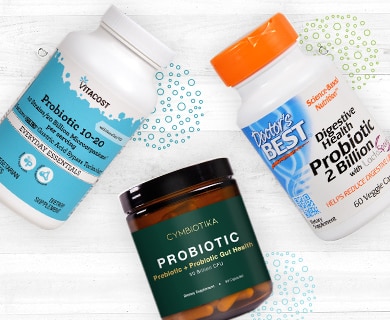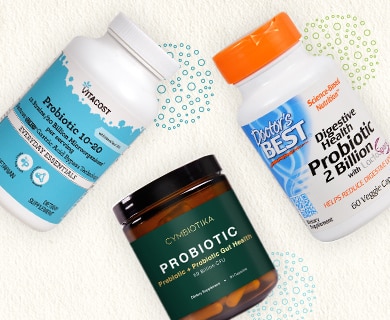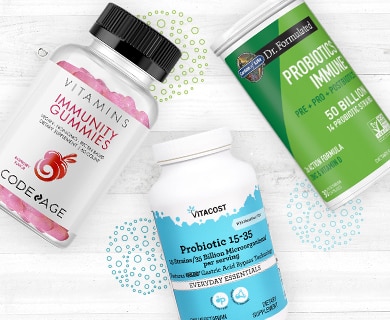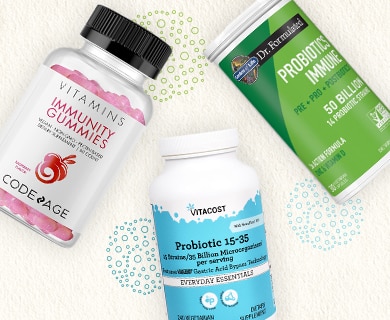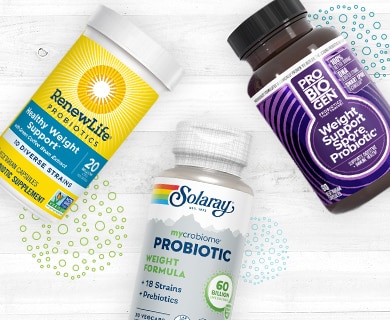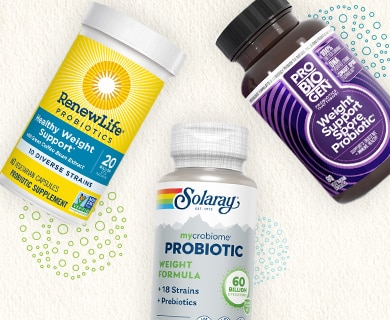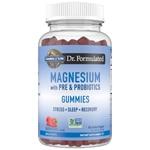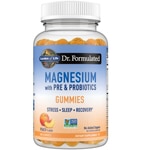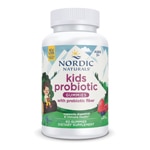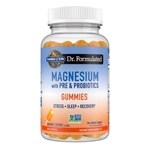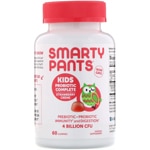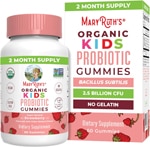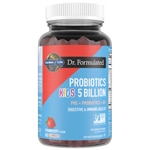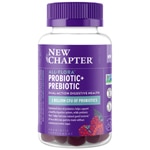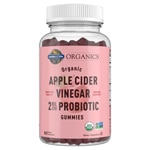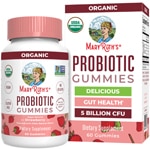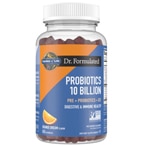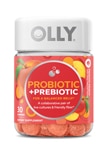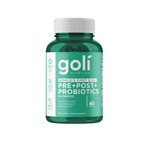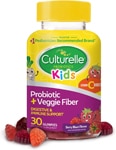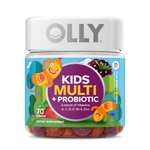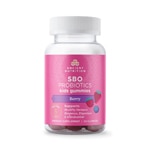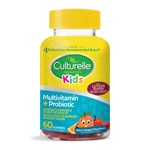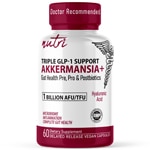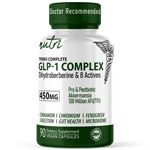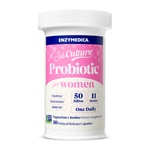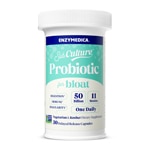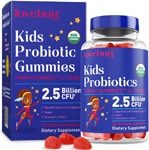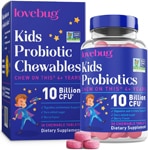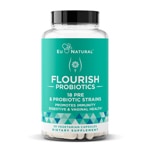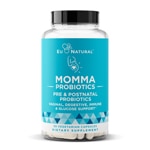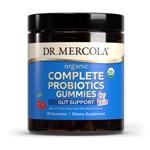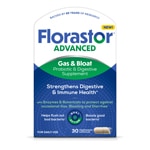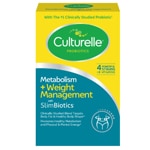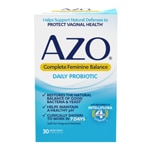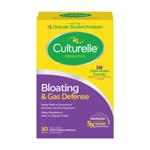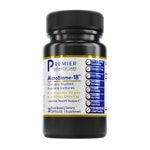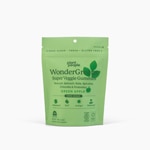Probiotics & Gut Health
Explore formulas for digestive wellness and more
Explore formulas for digestivewellness and more
Shop by Potency

Top Brands
Learn More About Probiotics
What are Probiotics?
Probiotics, prebiotics, synbiotics, antibiotics – we hear many “biotic” buzzwords thrown around today. What does it all mean? While many of us have taken prescription antibiotics to fight infections, prebiotics and probiotics are dietary supplements that are proactive rather than reactive, working to support levels of good bacteria residing in our bodies.† These “friendly” microorganisms are helping to boost bacteria’s public image, and they also may support our health in the process.†
Read More
When beneficial bacteria populate the intestines, this is called “normobiosis,” which favors the following:
• Ease in digestion of lactose†
• Stool regularity and less reported GI upset among healthy individuals†
• Prevention of infectious diarrhea†
• Formation of short-chain fatty acids, which can support cholesterol metabolism†
• Support of the production of anti-inflammatory compounds and healthy inflammatory response†
With so many well-established benefits to a thriving microbiome, it’s important to take measures to support your body’s beneficial bacteria colonies. Luckily, many foods provide probiotics, including yogurt, sauerkraut and miso soup – all of which can be part of a well-balanced, nutritious diet. Another option is to take a probiotic supplement enhanced with prebiotics, which can be thought of as “food” for probiotics.
Probiotic Supplements: How to Choose the Right One for You
Familiar with the word “ecosystem”? In an ecosystem, every participating element plays a role in the system’s ability to flourish. The human body has one of these, and it’s located in the gut. When its inhabitants (all that bacteria!) is out of balance due to taking medication, poor diet, antibiotics or aging, opting for a probiotic supplement may be beneficial.†
Probiotic supplements are available in many different varieties, so let’s break it down. The benefits associated with probiotics come not from the microorganisms themselves but the byproducts they excrete. Each byproduct affects your body – and your health – in different ways. Several strains have researched-backed benefits for specific health conditions.
For better bowel habits: These strains have been shown to reduce gas in IBS patients, clear up occasional constipation and promote regularity†:
• Bifidobacterium lactis DN0173 010
• Bifidobacterium lactis HN019
• Escherichia coli Nissle 1917
• Lactobacillus casei Shirota
• Lactobacillus plantarum DSM 9843
For reducing digestive distress:The beneficial yeast known as Saccharomyces boulardi is actually a strain of Saccharomyces cerevisiae and may help with discomforts associated with†:
• Antibiotic-associated diarrhea
• Clostridium difficile infections
• IBS and IBD flares
For improved mood: Lactobacillus rhamnosus JB-1 supplementation may support healthy levels of GABA, a calming neurotransmitter than can help with stress and anxiety.†
To support healthy cholesterol: Some evidence suggests these strains may help absorb cholesterol in the gut to support healthy cholesterol levels†:†:
• Lactobacillus acidophilus ATCC 314
• Lactobacillus reuteri NCIMB 11951
• Lactobacillus reuteri NCIMB 701089
Choosing a Quality Probiotic: What Works?
Despite the popularity of probiotics, supplements are still unregulated. That means you can’t always know if the strains on the label are actually in the bottle. So, how can you choose the right probiotic supplement to address your health concerns?
The best probiotics will have:
• A guaranteed number of live CFUs (colony-forming units) at the end of shelf life
• Allergy-friendly ingredients
• Formulas without fillers or binders
If you have a specific condition for which probiotics may be beneficial, look for formulas that contain strain numbers associated with benefits for that condition.
Find Your Favorite Friendly Flora at Vitacost
Shop (and save) on probiotics for digestive support and more at Vitacost.com, including acidophilus, prebiotics, children’s formulas and more.
†These statements have not been approved by the Food and Drug Administration. These products are not intended to diagnose, treat, cure or prevent disease.
Read Less



